On June 24th, 2017, the online video platform iQIYI released a music competition show. The show was called “The Rap of China.” It took China by storm, turning hip-hop into a national sensation.
Within four hours, the show had reached 100 million views. Within six months, the hashtag #TheRapOfChina had amassed 24 billion views on Weibo and there had been 70 million discussion posts about it.
How the Show Works
The show is like “American Idol.” Anybody can apply to compete. Thousands of rapper contestants attempt to win a championship for fame.
The goal of the show is to successfully make it through a series of rounds. Each round has different rules.
Successful completion of a task comes from judge yeses or majority audience votes. Among the judges for season 1 were Canadian-Chinese rapper Kris Wu, Taiwanese-American singer Will Pan, MC HotDog and Chang Chen Yue.
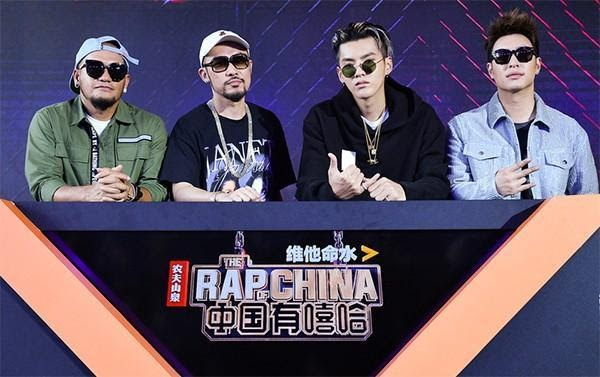 From left to right: Season 1 judges Chang Chenyue (Taiwanese rock star), MC Hotdog (Taiwanese rapper), Kris Wu (Chinese-Canadian rapper) and Wilber Pan (Taiwanese-American singer)
From left to right: Season 1 judges Chang Chenyue (Taiwanese rock star), MC Hotdog (Taiwanese rapper), Kris Wu (Chinese-Canadian rapper) and Wilber Pan (Taiwanese-American singer)
The first performance requires contestants to rap without a beat. If a judge likes a contestant, the former gives a chain to the latter. If not, the contestant goes home with nothing.
These first performances are often hilariously awkward and full of delusional wannabes.
In other rounds, contestants face off in one-on-one battles, freestyle to random beats, create their own songs and even work with the judges to prepare pieces in team face-offs.
Resurrection from elimination is possible in Rounds 4 and 8. This makes the show full of nail-biting suspense, drama and plot turns.
Kris Wu is nicknamed “Killer Wu” for being the harshest judge. He is quick to press the “Fail” button and offer blunt criticism of a contestant’s performance, sort of like the Chinese Simon Cowell.
Wu’s famous line “你有freestyle吗?” (Can you freestyle?) that he utters while probing initial contestants has become one of the show’s most iconic catchphrases.
In 2018, he performed in the Super Bowl Live, a ten-day festival leading up to the games. He was the first Chinese artist to perform in a Super Bowl event. However, he has recently been jailed due to allegations of sexual assault.
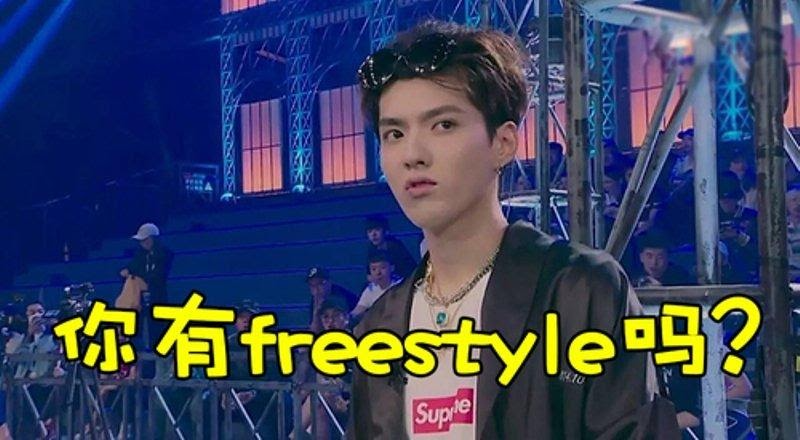 Kris Wu, known as a judge who dismisses contestants within seconds, likes to taunt them with his catchphrase, “Can you freestyle?”
Kris Wu, known as a judge who dismisses contestants within seconds, likes to taunt them with his catchphrase, “Can you freestyle?”
Popular Contestants
Unsurprisingly, the ones who fare well in these tough challenges are stellar talents. Many contestants have gotten extremely popular as a result of the show.
GAI impressed the world with his unique Neijiang, Sichuan dialect while rapping. His beat and melody style combines trap and Chinese traditional influences. His lyrics center around Chinese history and philosophy.
After winning season 1, he has appeared in multiple TV shows, gained a wide following. He even returned to “The Rap of China”’s fourth season in 2020 as a judge himself.
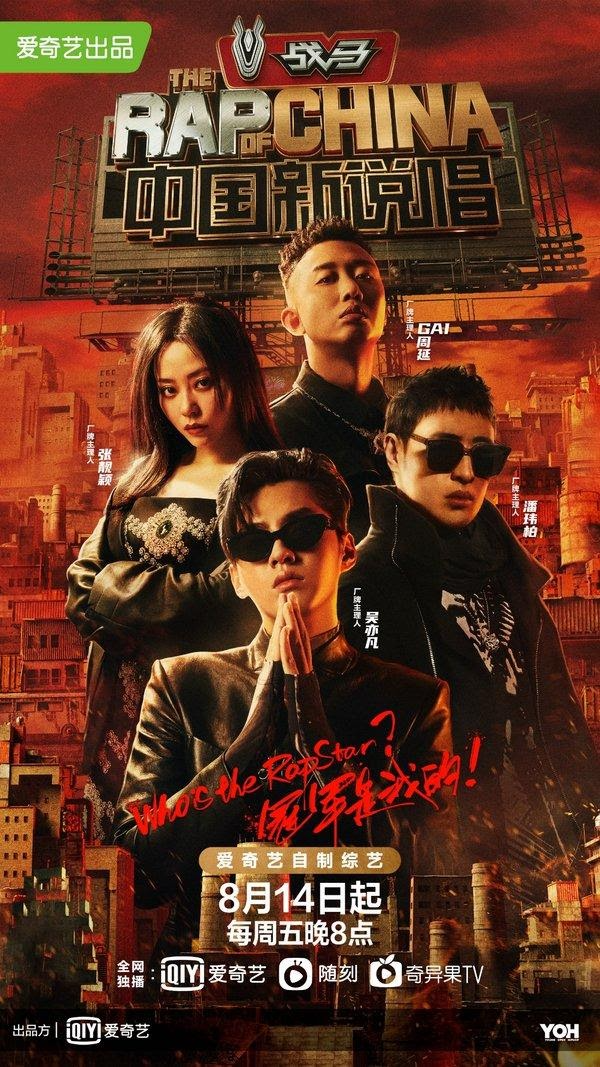 Rap of China Season 4 (2020) poster; from top to bottom: GAI, Jane Zhang (mainland singer), Wilber Pan and Kris Wu
Rap of China Season 4 (2020) poster; from top to bottom: GAI, Jane Zhang (mainland singer), Wilber Pan and Kris Wu
Vava, coined “China’s Rihanna,” placed fourth in the fourth season. Her name comes from the Chinese word for “doll” since many netizens think she has a cutesy appearance.
Although her flow resembles that of American trap artists, she advocates incorporating Chinese influences in her pieces. This is perhaps best evidenced by her 2017 single “My New Swag.”
The song features traditional instruments like the erhu (二胡, a bowed two stringed instrument), gongs, pipa (琵琶, lute), suona (唢呐, oboe) and paiban (拍板, claves). The song also features Peking Opera singer Wang Qianqian. The movie “Crazy Rich Asians” incorporated the song into its soundtrack.
The Role of Rap in Chinese Society
The first season of “The Rap of China” had a massively arousing impact on Chinese youth. Seeing this, the Chinese government implemented policies restricting and censoring certain media behavior.
Chinese rappers are now careful not to say or do anything that could be interpreted as “anti-establishment,” foment social discord or constitute “vulgar” and “immoral” behavior.
Some say this has created a Chinese rap culture that deviates from American rap culture, which is notorious for being brash and outspoken about social issues. In contrast to season 1, seasons 2-4 of the show have featured many patriotic rap songs.
Many are debating the question: Is China obligated to respect hip-hop’s “roots” in America, or is it okay for Chinese rap to take a different route and serve a different cultural purpose?
The Rise of “New Generation Hip Hop Project”
This year, iQIYI decided to replace “The New Rap of China” with “New Generation Hip Hop Project” to appeal to young audiences. The inaugural season aired from July 31 to October 16, 2021.
This new show features 18-24 year old contestants, who were feeling alienated and unfairly disadvantaged by the older contestants on the previous show.
The goal is to produce tomorrow’s Chinese rapstars. GAI, VaVa, Tizzy T, Yitai Wang and DamShine are the new judges and mentors.
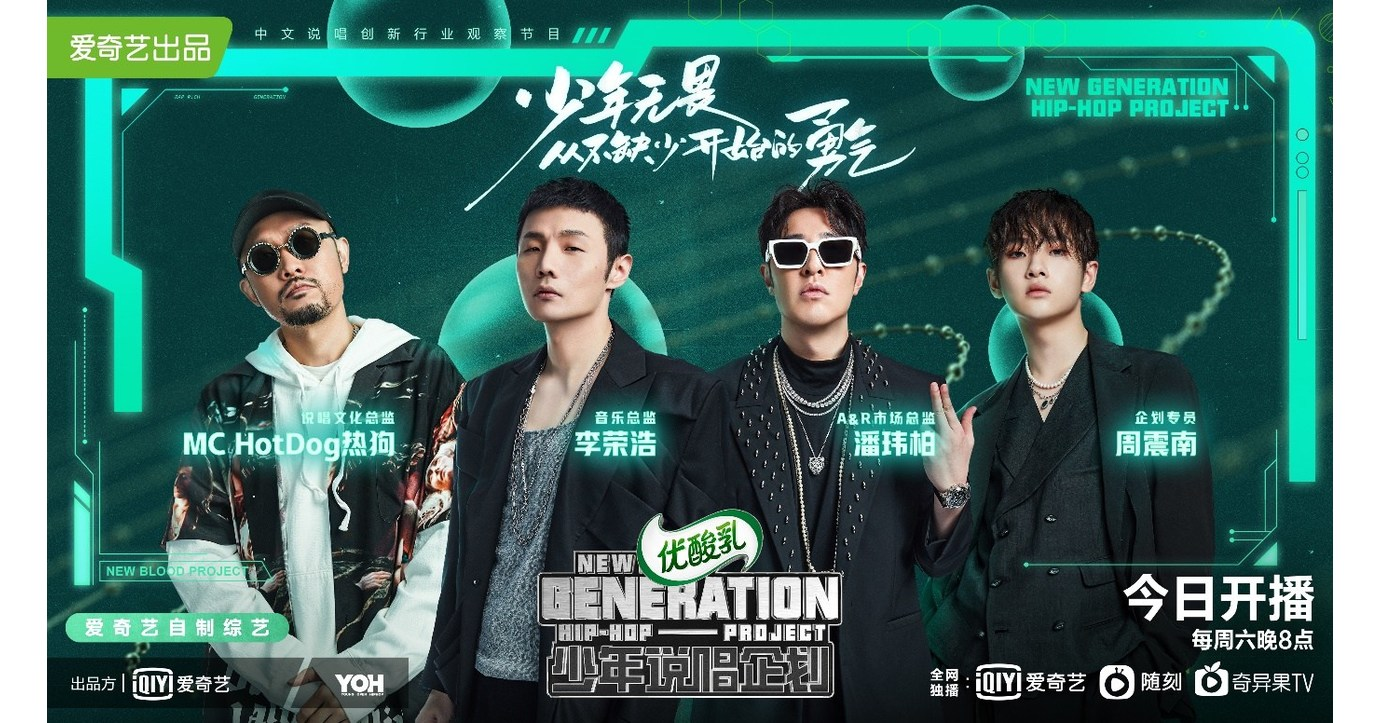 From left to right: judges MC Hotdog, Li Ronghao (mainland singer, actor, and producer), Wilber Pan and Zhou Zhennan (mainland rapper, singer, & singer)
From left to right: judges MC Hotdog, Li Ronghao (mainland singer, actor, and producer), Wilber Pan and Zhou Zhennan (mainland rapper, singer, & singer)
This new show will no doubt influence the hearts of many young Chinese people. It is a show based upon their indigenous tastes. It is influenced by the mainstream music created by their older counterparts but nonetheless stays true to Gen Z culture.
The future of Chinese society’s musical trends and movements starts with music-based media that appeals directly to the youth.
[zombify_post]

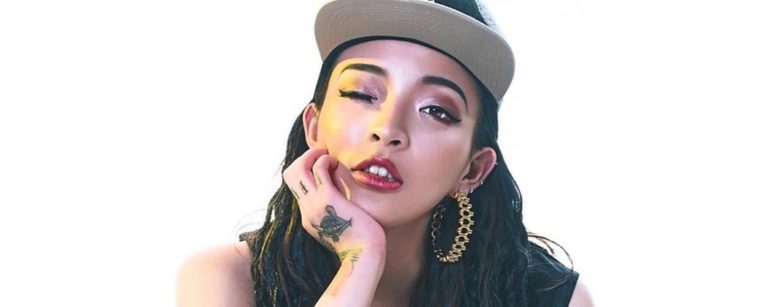
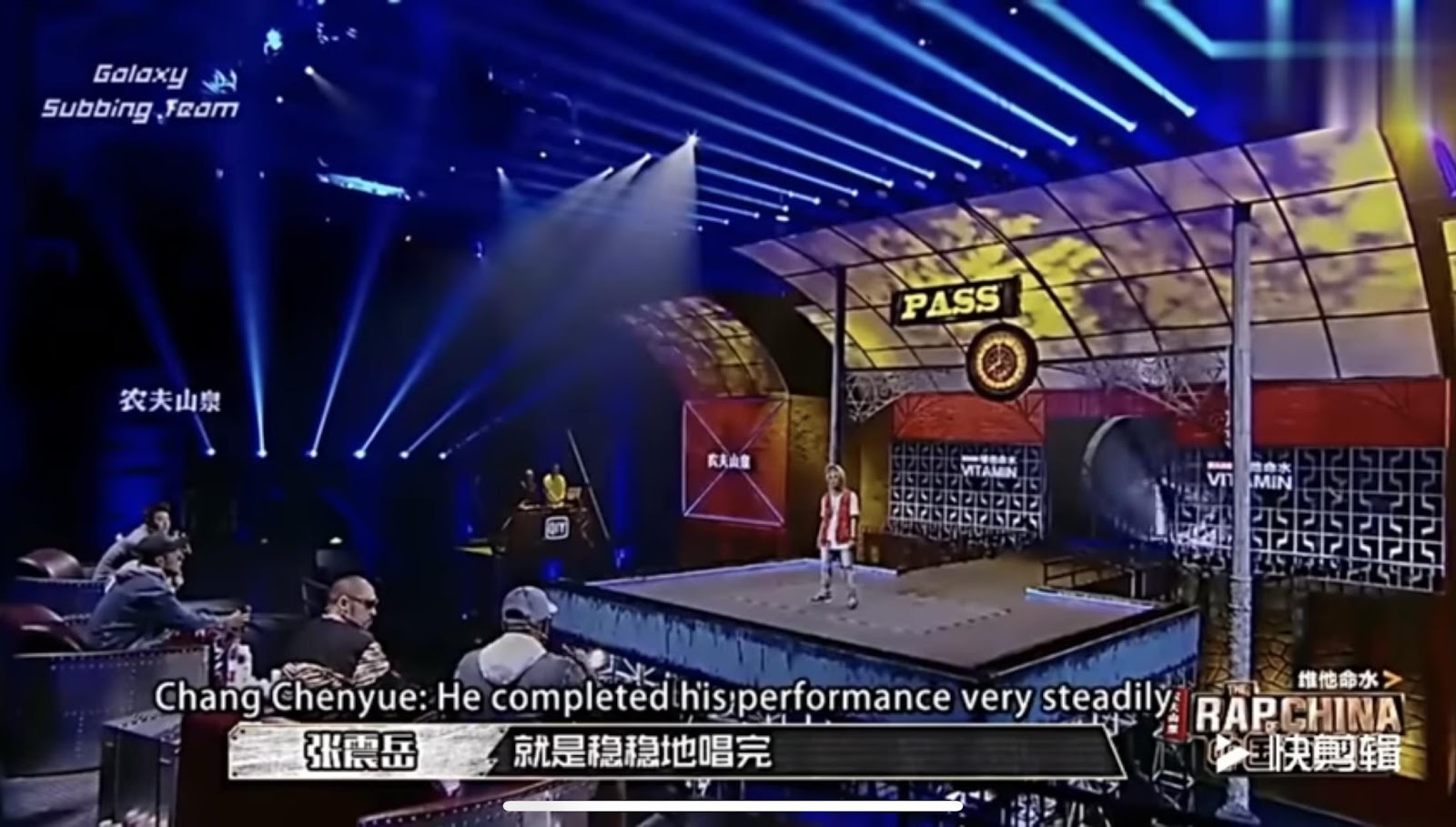
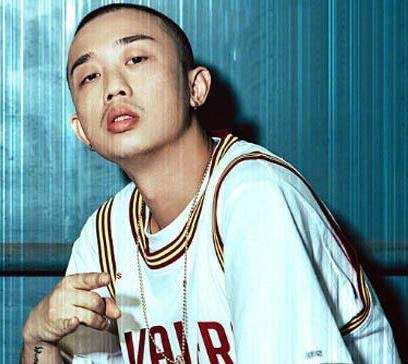
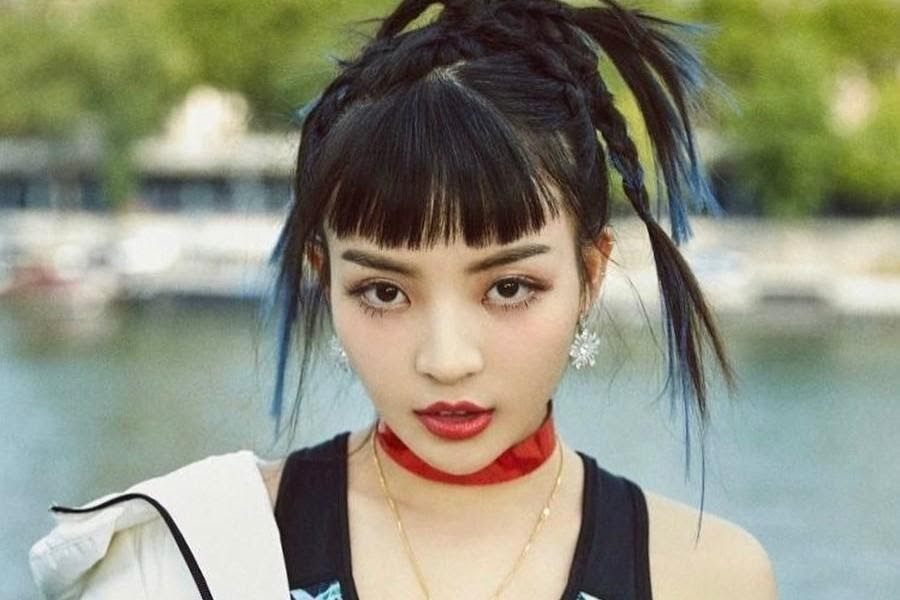
0 Comments